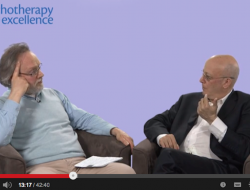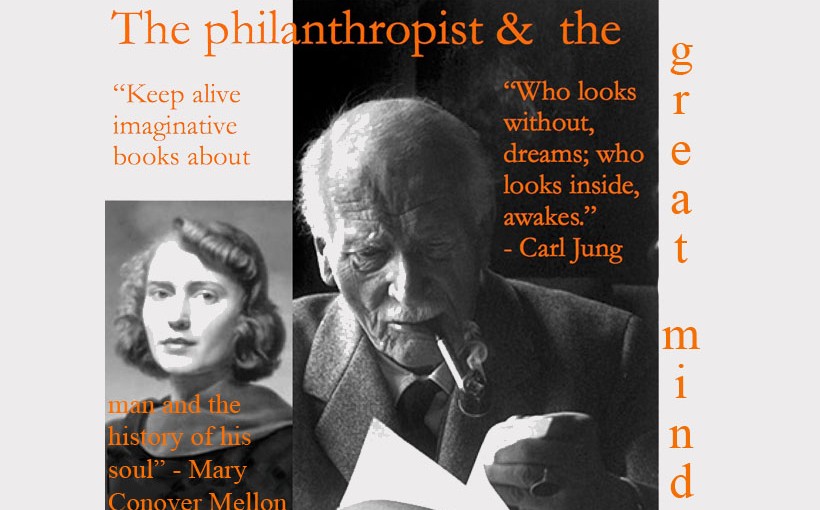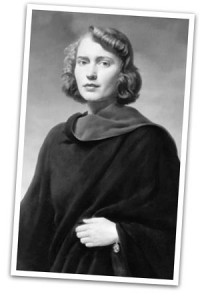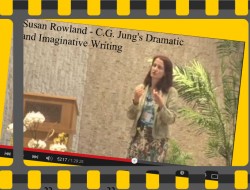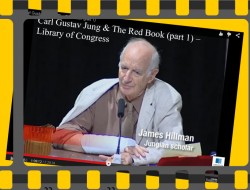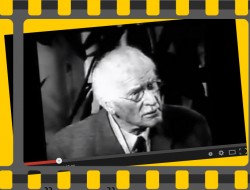By Steven Crandell
In The Huffington Post
Huffington Post’s article about Mary Conover Mellon, the ”founding nurturer” of the of the Bollingen Foundation that published C. G. Jung’s Collected Works.
From the article:
Mary Conover Mellon was only 33 when she first heard a speech by Dr. Carl Jung, a pioneer in psychology and one of the great thinkers of the 20th century.
Her response at the time revealed not only her humility but also her courage to let intuition inspire her giving.
Though I don’t know what he means, this has something very much to do with me.
At that moment, she began to consider a new philanthropic direction – one that would result in the creation of the Bollingen Foundation (named after Jung’s home in Switzerland) and the publication of Jung’s collected works in English.
Of course, it helped that her husband was Paul Mellon, son and heir to the fortune amassed by Andrew Mellon, industrialist, investor and Secretary of the Treasury in three different administrations.
But if the money came from Paul, a man who was already a remarkable philanthropistin his own right (the National Gallery of Art in Washington owes its founding and much of its growth to the Mellon family), the leadership for Bollingen came from Mary.
Paul called her the „founding nurturer.”
As chronicled in William McGuire’s book Bollingen: An Adventure in Collecting the Past, she negotiated the project with Jung directly – as World War II shook the very roots of all assumptions about decency, democracy and the staying power of benevolent imagination.
The world is such a mess that it becomes all the more important to me to do what I can to keep alive and make available such works as yours, and those of others who can contribute real, scholarly and imaginative books about man, and the history of his soul.
Read the whole paper at The Huffington Post
Mary Mellon he began reading Carl Jung’s work in 1934; in 1937 she and her husband were deeply impressed on hearing Jung speak to the Analytical Psychology Club in New York. ”Though I don’t know what he means,” Mary wrote after the lecture, ”this has something very much to do with me.” She conceived of a plan that would make the work of Jung available in English in a uniform edition.
The foundation established to achieve this publishing goal she called Bollingen, the name Jung had given to his personal retreat outside of Zurich, where Mary Mellon proposed the project to him on a visit in 1940. Although the Bollingen Foundation was greatly influenced from its beginning by an international network of Jungians with whom Mary had come into contact and never relinquished its commitment to the work of Jung – and to myth, symbol, the occult and the esoteric tradition – its interests also extended in other directions. As time went on, the foundation increasingly ventured into the scholarly disciplines of archeology, art history, literary history and criticism, literature in translation and cultural history. Mr. McGuire estimates that over the course of the foundation’s existence, about one-third of the books published were by Jung or Jungians, while fewer than 1 in 10 of the fellowships Bollingen awarded for study by scores of scholars went to Jungians.
Read more at The New York Times
Tags: Bollingen Foundation, Collected Works, Jung, Mary Mellone













